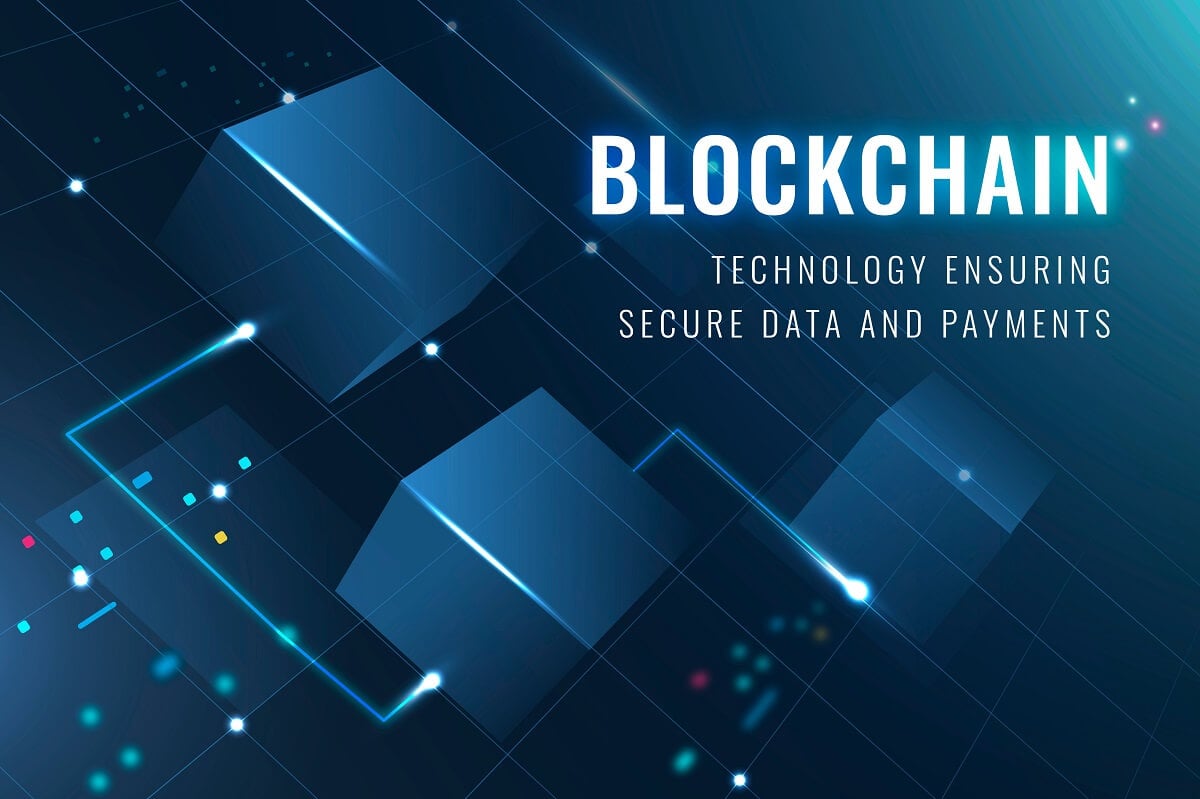In a rapidly evolving digital landscape, blockchain technology has emerged as a revolutionary force with the potential to transform various industries. Originally conceived as the backbone of cryptocurrencies like Bitcoin, blockchain has expanded its horizons, offering a myriad of real-world applications that extend far beyond the world of finance. In this blog, we will embark on a journey to unveil the inner workings of blockchain technology and explore its diverse range of practical uses across different sectors.
Understanding the Basics
Before we dive into its applications, let's start with the fundamentals. Blockchain is essentially a decentralized and immutable digital ledger. It comprises a chain of blocks, each containing a record of transactions or data. These blocks are linked together in chronological order, forming a continuous and secure chain. The power of blockchain lies in its decentralized nature, cryptographic security, and transparency.
The Cryptocurrency Connection
The first and most famous application of blockchain technology is cryptocurrencies. Bitcoin, Ethereum, and other digital currencies utilize blockchain to record and validate transactions. It eliminates the need for intermediaries like banks, ensuring faster, cheaper, and more secure peer-to-peer transactions. But cryptocurrency is just the tip of the iceberg.
Supply Chain Management
Blockchain's tamper-resistant nature makes it an ideal solution for supply chain management. With blockchain, companies can track the production, shipment, and delivery of products in real-time. This transparency reduces fraud, ensures the authenticity of goods, and enhances overall efficiency. Major players like IBM and Walmart have already adopted blockchain for their supply chains.
Healthcare and Medical Records
In the healthcare sector, blockchain offers a secure and interoperable platform for managing patient data. Patients can have more control over their medical records while healthcare providers benefit from streamlined access to accurate information. This innovation has the potential to revolutionize patient care, research, and data sharing.
Voting and Elections
The integrity of elections is a critical concern in any democracy. Blockchain can provide a transparent and tamper-proof voting system, where each vote is recorded securely and can be audited by concerned parties. This could potentially eliminate election fraud and ensure the trustworthiness of electoral processes.
Intellectual Property and Copyright
Artists, writers, and creators can use blockchain to protect their intellectual property and copyrights. By timestamping their work on a blockchain, they can establish a permanent, verifiable record of ownership. This empowers content creators to safeguard their creations in an increasingly digital world.
Real Estate and Property Transactions
Buying or selling property can be a cumbersome process, often marred by fraud and inefficiency. Blockchain can simplify real estate transactions by providing a transparent and immutable ledger for property records. This reduces fraud, minimizes paperwork, and speeds up the closing process.



0 Comments